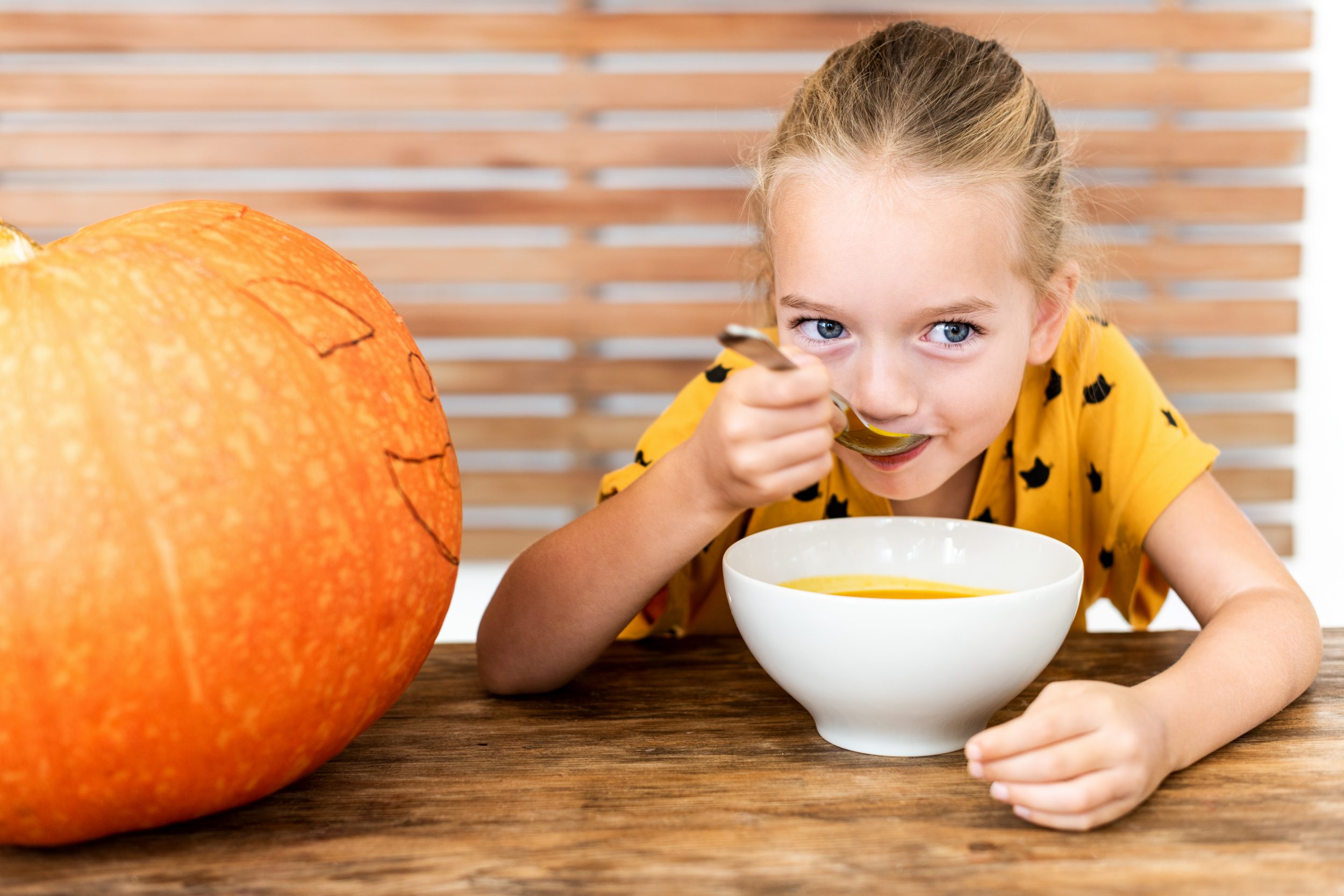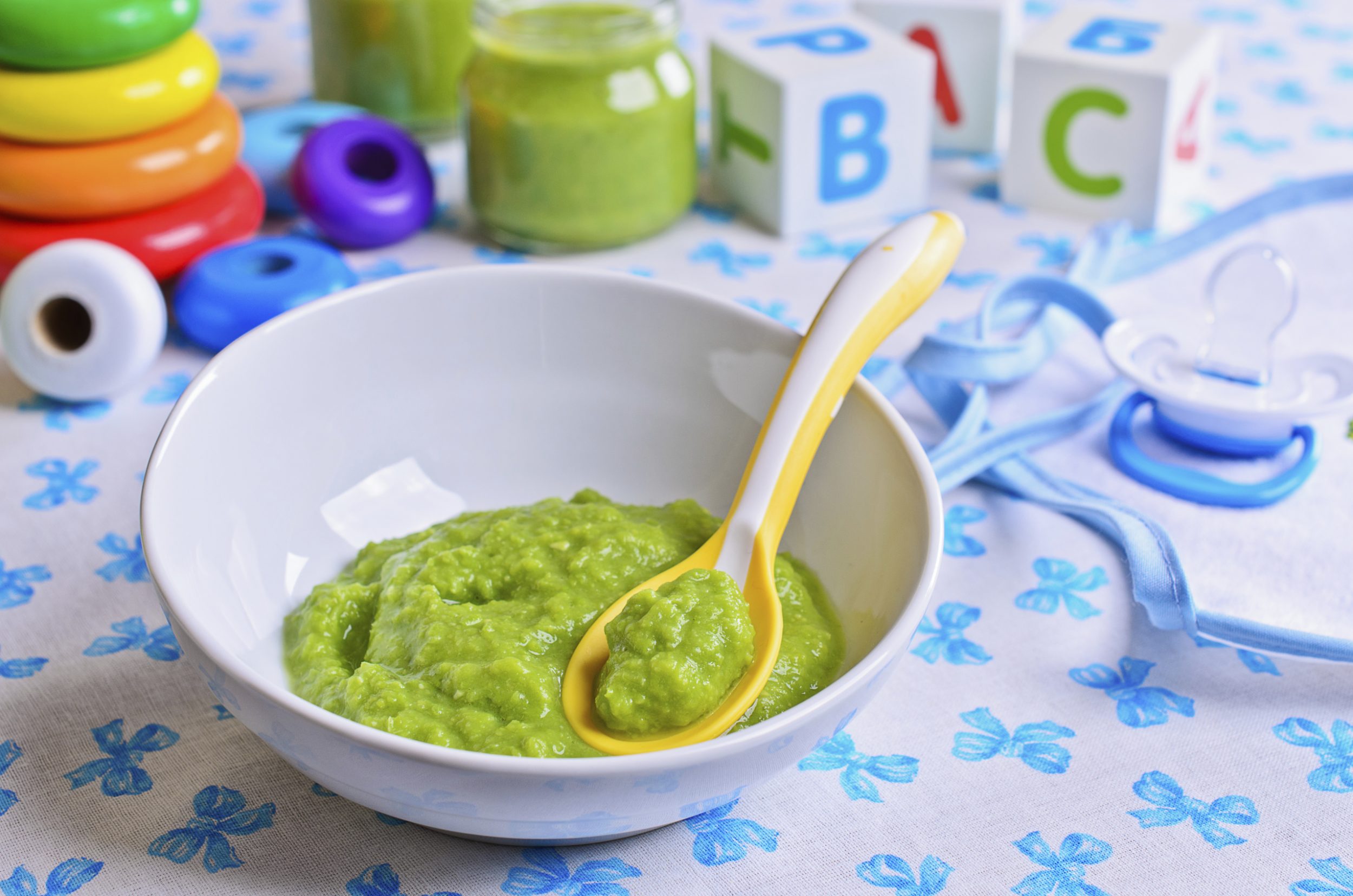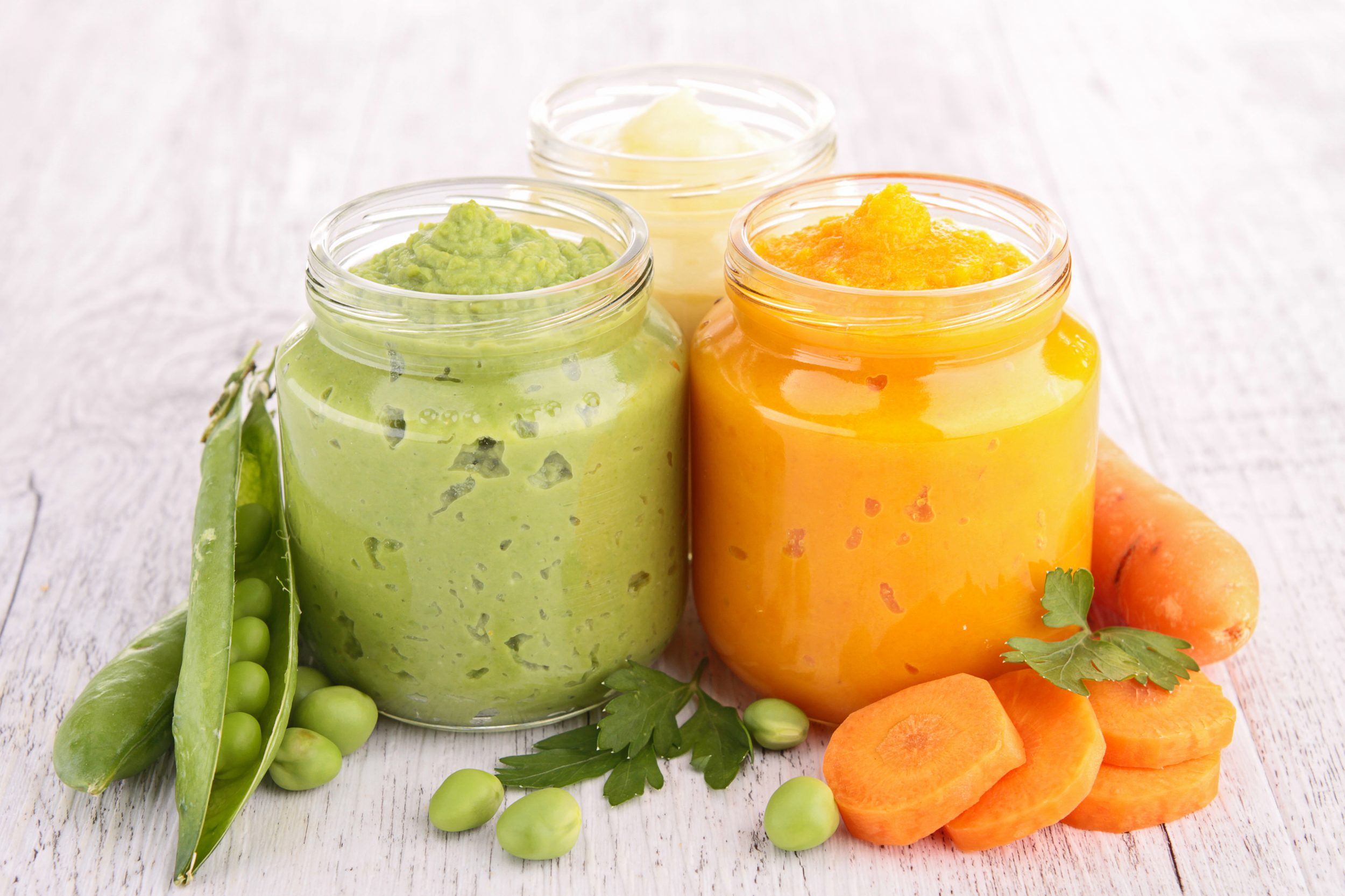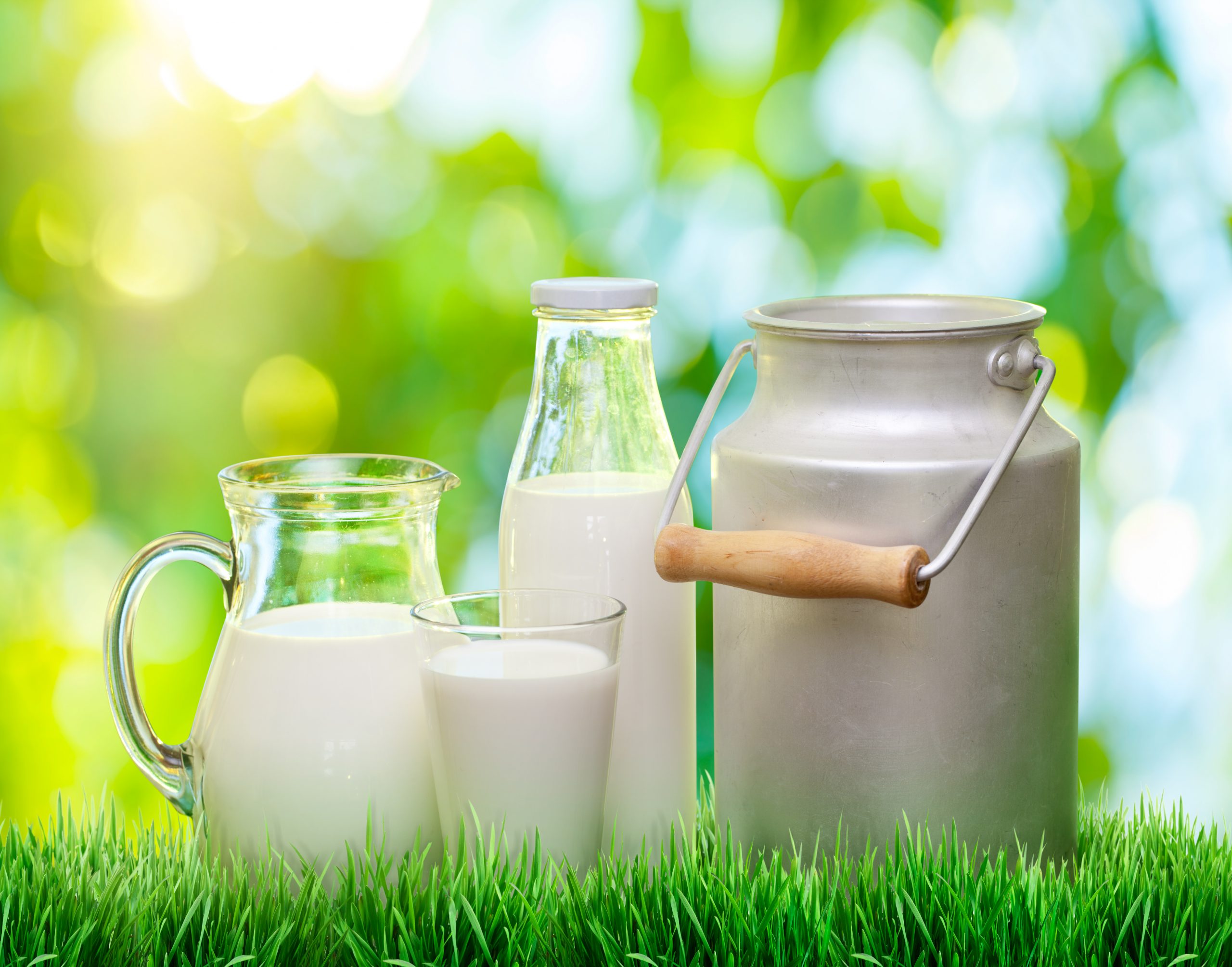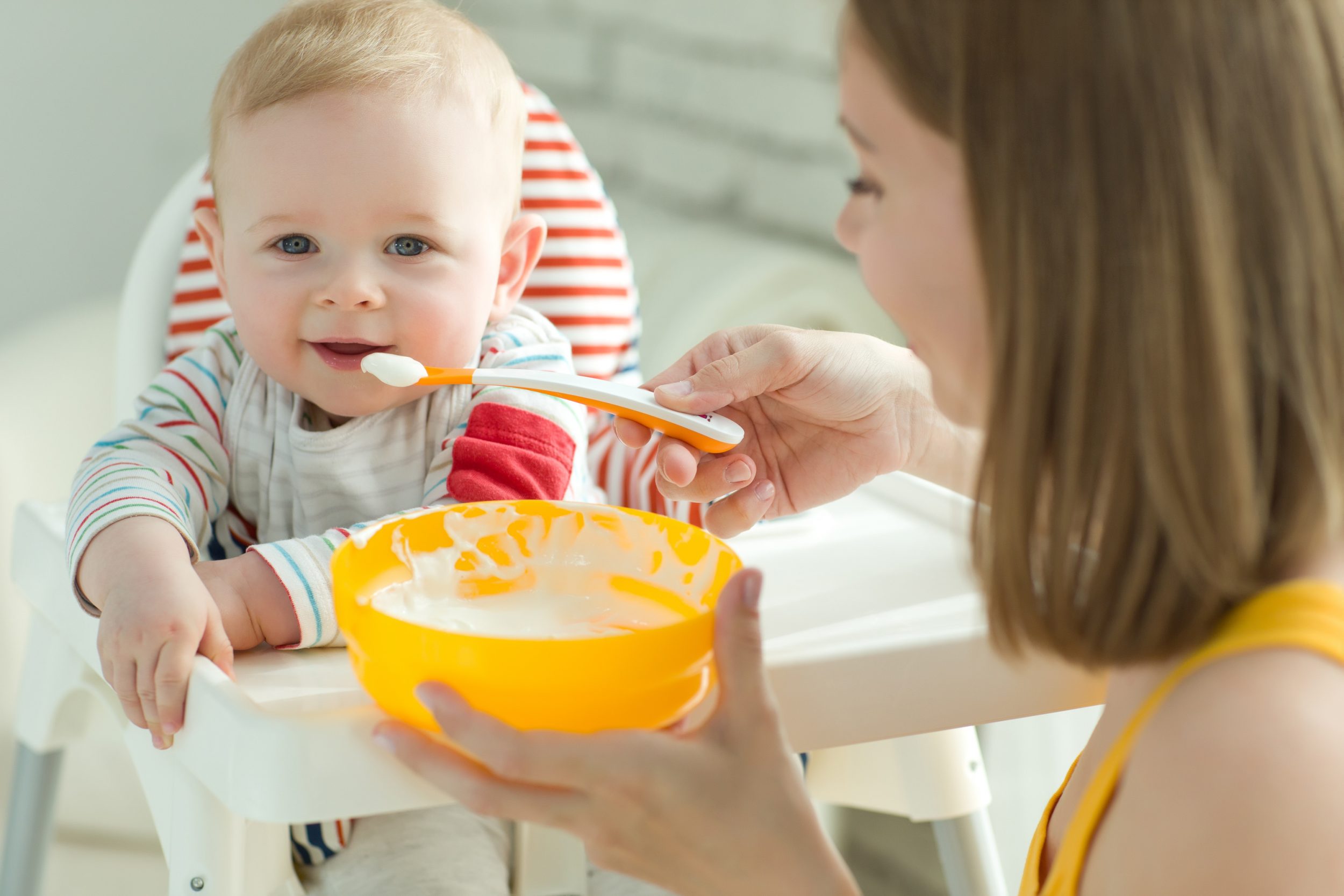Stimulants for pregnant women
Alcohol and nicotine should be avoided completely during pregnancy, caffeine is permitted in moderation.
It has been proven that increased maternal consumption of Alcohol during pregnancy can lead to growth retardation, malformations, developmental defects and/or spontaneous abortion, among other things. Heavy alcohol consumption is also associated with low birth weight, premature birth, SGA (small for gestational age) and a higher probability of behavioural problems in childhood and adolescence. Negative effects of moderate alcohol consumption cannot be clearly ruled out.
As a safe threshold value cannot be derived from the available data, alcohol (even in small quantities) should be avoided completely during the entire pregnancy.
There are indications that an increased maternal intake of caffeine can influence foetal growth and birth weight during pregnancy - however, this and the influence on the risk of miscarriage are the subject of controversial debate. To rule out any risk, the consumption of caffeinated drinks such as coffee, black and green tea and cola drinks should be limited to 200 mg caffeine/day during pregnancy. (Sweetened) drinks with a high caffeine content (e.g. energy drinks) are not recommended for pregnant women.
| Product | Caffeine content / serving in mg | Typical portion size |
|---|---|---|
| Coffee | 50-85 | Cup (150ml) |
| Tea | 14-61 | Cup (200ml) |
Quelle nach AGES, 2013
Studies show that Do not smoke in pregnancy has a negative influence on birth weight, placenta-associated diseases, stillbirths, premature births, foetal growth, sudden infant death syndrome (SIDS), obesity and increased body mass index in later childhood, the occurrence of various birth defects, asthma, wheezing and bronchitis. No significant correlations were found with regard to the risk of various tumours and type 1 diabetes mellitus.
Stimulants for breastfeeding mothers
Alcohol, caffeine and nicotine pass into breast milk and can have adverse effects on the production, volume and composition of breast milk as well as direct adverse effects on the infant. According to studies, maternal alcohol consumption can, for example, affect the infant's sleeping behaviour and gross motor skills and also promote early habituation to alcohol.


